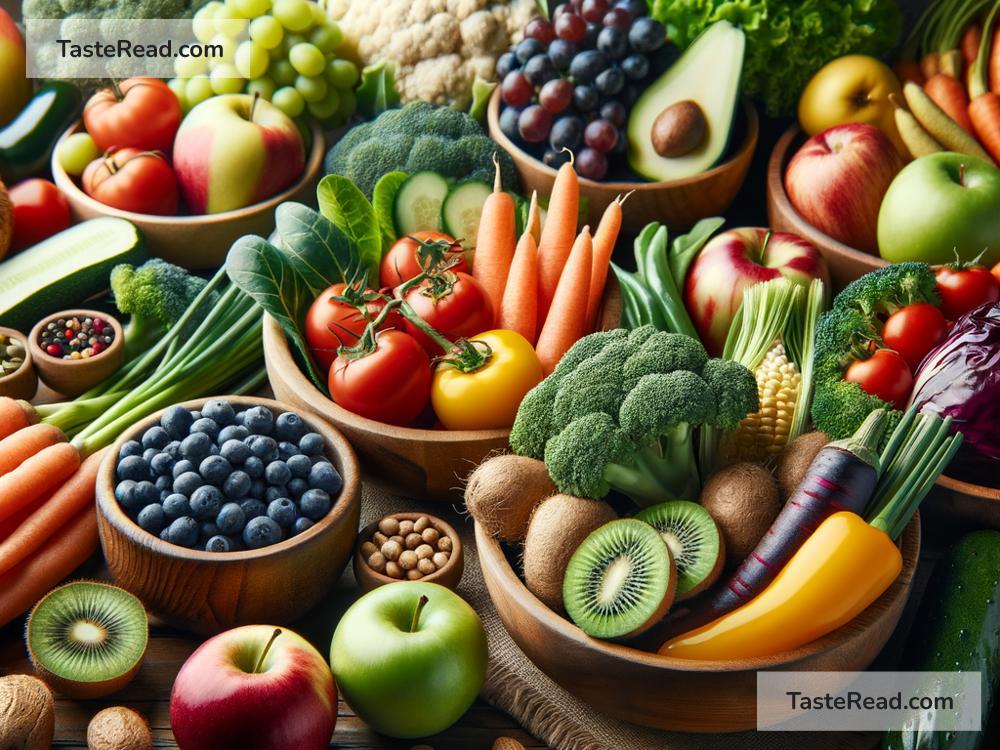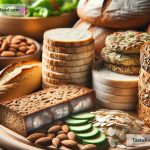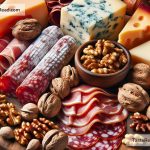How to Choose the Best Gluten-Free Prebiotic Foods
In the quest for a healthier gut and overall wellness, more folks are turning their sights to prebiotic foods. If you’re new to the term, prebiotics are types of dietary fiber that feed the good bacteria in our gut, helping them thrive and maintain a balanced digestive system. But what if you’re also needing or choosing to follow a gluten-free diet? Don’t worry, you can still hop on the prebiotic train. Let me guide you through how to choose the best gluten-free prebiotic foods in a way that’s easy to understand.
Understanding Prebiotics and Gluten-Free Needs
Firstly, let’s break down what we’re really talking about. Prebiotics are found in many foods, mainly in the form of fibers that our body can’t digest. These fibers make their way to our lower digestive tract, where they become a feast for our good bacteria. On the other hand, gluten is a protein found in grains like wheat, barley, and rye. For some, gluten can cause serious health issues, such as those with celiac disease or gluten sensitivity, making a gluten-free diet a must.
Finding the Right Foods
Choosing gluten-free prebiotic foods involves selecting those that naturally contain beneficial fibers without gluten. Sounds tricky? It’s simpler than you think. Here’s how to begin:
1. Embrace Vegetables: Many vegetables are naturally gluten-free and packed with prebiotics. Artichokes, garlic, onions, leeks, and asparagus are excellent examples. They can be easily incorporated into your meals, ensuring you’re feeding those beneficial gut bacteria.
2. Don’t Forget Fruits: Certain fruits offer a double benefit of being both gluten-free and rich in prebiotics. Bananas, especially slightly green ones, apples with the skin on, and berries are great choices to snack on or add to your meals.
3. Explore Grains: Yes, you can still enjoy grains while maintaining a gluten-free diet! Just make sure they’re the right kind. Grains like quinoa, buckwheat, and millet are not only free from gluten but also contain prebiotic fibers. Including these in your diet adds variety and boosts your gut health.
4. Beans and Legumes: If your digestive system can handle them, beans and legumes are powerhouse foods for gut health. They’re loaded with prebiotics and are completely gluten-free. Start with small amounts to see how your body reacts, as they can cause gas for some people.
5. Nuts and Seeds: Certain nuts and seeds, like almonds and flaxseeds, offer a good amount of prebiotic fibers. They’re an easy snack, can be added to salads, or used in baking as a nutrient boost.
Tips for Successful Selection
-
Read Labels Carefully: Even if a food is naturally gluten-free, cross-contamination can happen, especially with processed foods. Always check the labels to ensure the product is safe for your dietary needs.
-
Whole and Unprocessed is Best: Lean towards foods in their natural, whole form. Processing can strip away valuable fibers and sometimes add gluten-containing ingredients.
-
Variety is Key: Incorporating a wide range of prebiotic-rich, gluten-free foods will not only help maintain a healthy gut microbiome but also ensure you’re getting all the necessary nutrients.
-
Listen to Your Body: Everyone’s digestive system is unique. What works for one person might not work for another. If a specific food doesn’t agree with you, even if it’s considered healthy, it’s okay to skip it.
A Balanced Approach
Remember, achieving a balanced diet that caters to your gut health while adhering to gluten-free needs doesn’t have to be a complex task. By focusing on naturally gluten-free and prebiotic-rich foods, you’re taking significant steps towards a healthier you. Keep it simple, listen to your body, and don’t be afraid to experiment with different foods to discover what makes you feel your best.
In the end, the journey to better health is a personal one, but it’s comforting to know there are plenty of delicious and beneficial options that support both your gut health and gluten-free lifestyle. Embrace the variety, enjoy the process, and your body will thank you for the nourishment and care.


